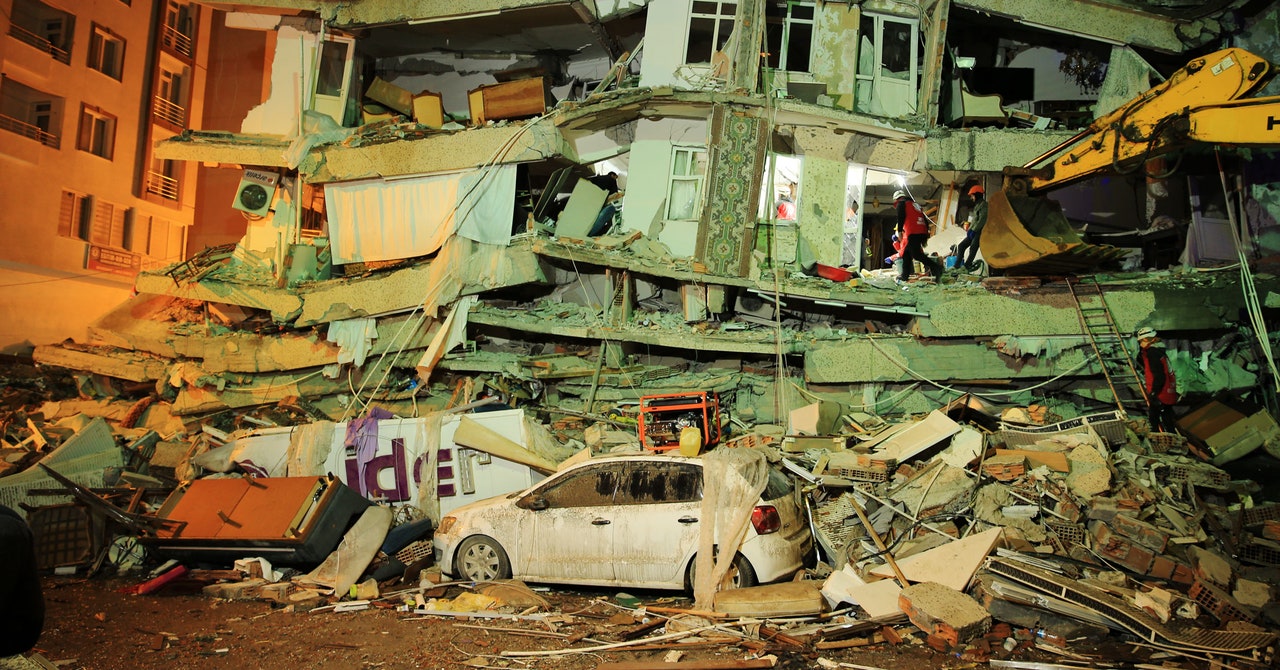God and Earthquakes
John Cobb, Bradley Artson
In the immediate aftermath of a disaster, there is no need to do theology. The need is to help those who suffer and to keep attention focused on them. To talk about God is to divert attention from what is more important. Too much God-talk gets in the way of life-care. But there may come a time when people ask where God was amid the disaster. Did God cause it? Could God have prevented it? Was it part of God's plan?
To these questions open and relational (process) theologians say No. They then add a deep Yes. It is that while God does not cause the suffering and cannot prevent it, God is not faraway; God is in the compassionate response. Our outstretched hands, in solidarity with suffering, are God's hands, too.
Process theologians below, Reverend John Cobb and Rabbi Bradley Artson make the case theologically and poetically. Muslim process theologians, of whom there is a small and growing number, will agree. All the surahs of the Qur'an except one begin with "In the name of God, the Merciful, the Compassionate." When we talk about outstretched hands in a spirit of lovingkindness, we are talking about the mercy and compassion.
- Jay McDaniel, 2/8/2023
To these questions open and relational (process) theologians say No. They then add a deep Yes. It is that while God does not cause the suffering and cannot prevent it, God is not faraway; God is in the compassionate response. Our outstretched hands, in solidarity with suffering, are God's hands, too.
Process theologians below, Reverend John Cobb and Rabbi Bradley Artson make the case theologically and poetically. Muslim process theologians, of whom there is a small and growing number, will agree. All the surahs of the Qur'an except one begin with "In the name of God, the Merciful, the Compassionate." When we talk about outstretched hands in a spirit of lovingkindness, we are talking about the mercy and compassion.
- Jay McDaniel, 2/8/2023

